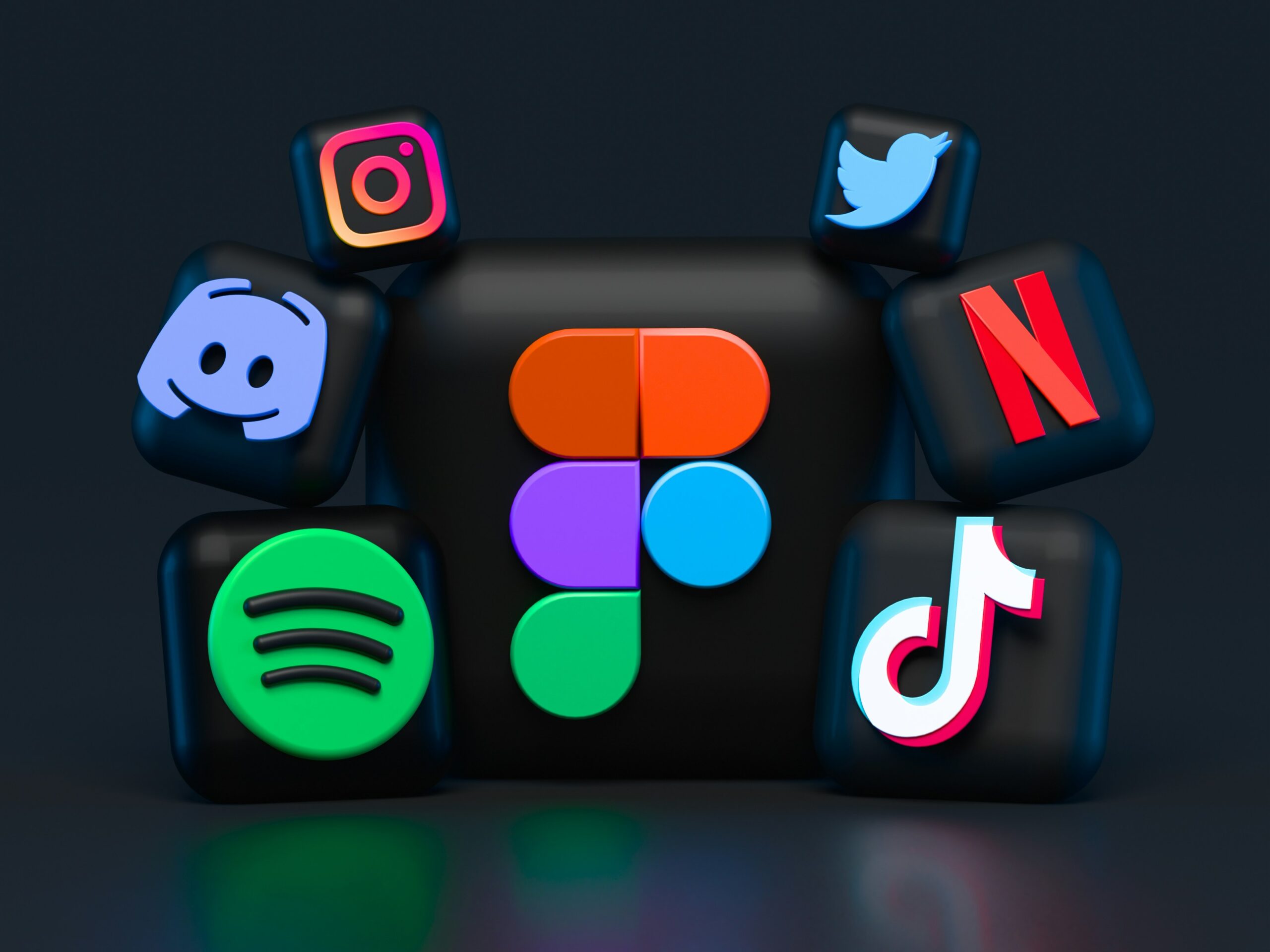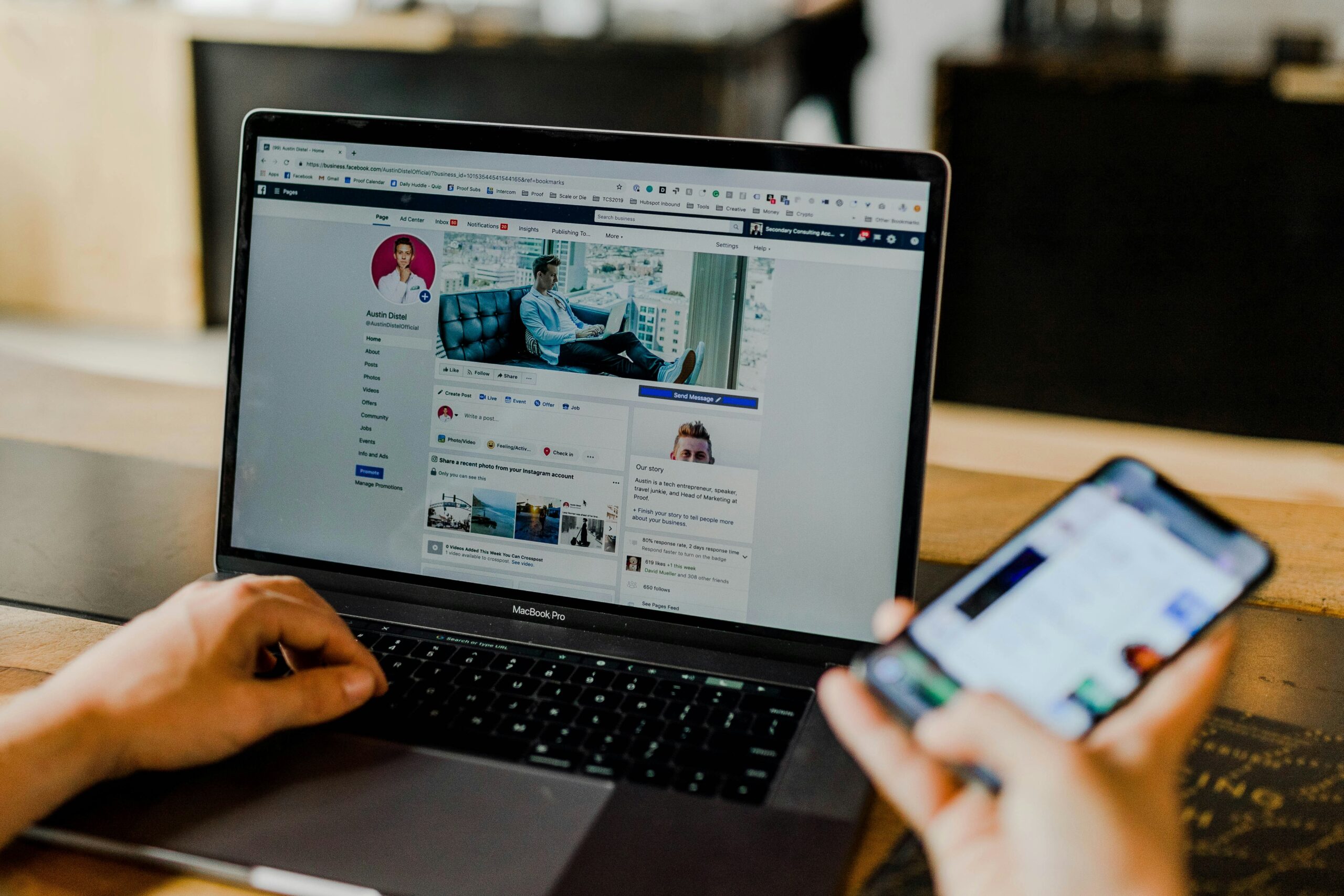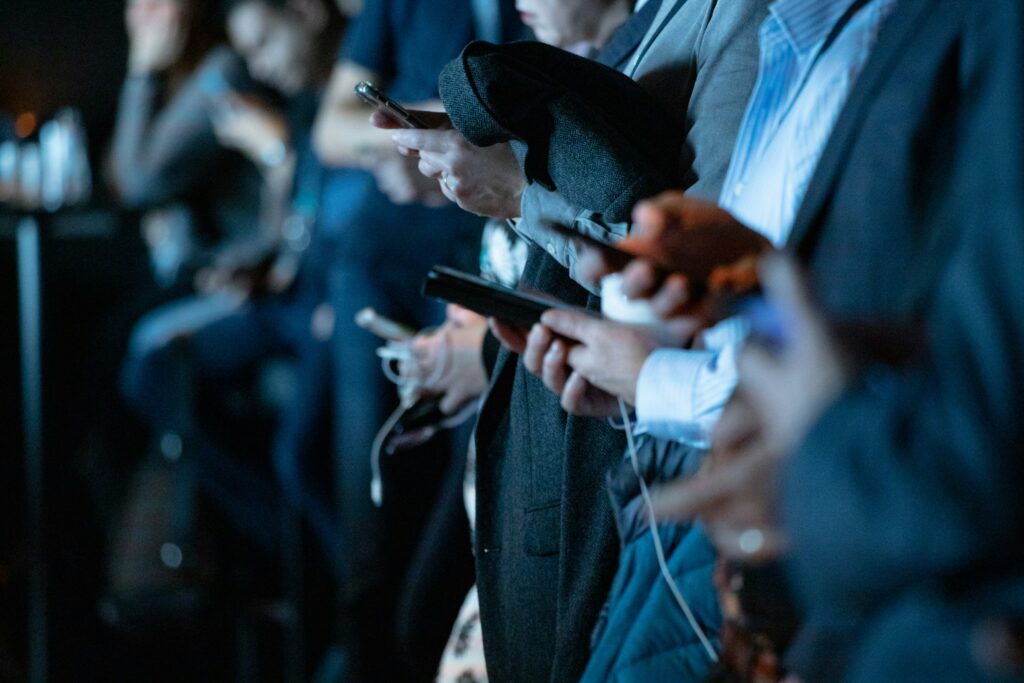How Social Media Affects Mental Health
Social media platforms connect billions of people worldwide. While they offer benefits, their negative effects on mental health are serious. Research from the American Psychological Association and the National Institute of Mental Health links social media use to mental health risks. Understanding these risks can help improve mental health outcomes.

The Impact of Social Media on Mental Health
Social media affects mental health in multiple ways. While some experience positive effects, many face mental health challenges. Social networking sites expose users to online harassment, negative comparisons, and excessive screen time, which contribute to distress in adolescents and adults.
Negative Effects of Social Media on Mental Health
Social media habits influence mental health in different ways. Some negative aspects include:
- Increased Levels of Anxiety: Excessive online activity can heighten stress, leading to feelings of anxiety and emotional distress.
- Risk of Depression: A longitudinal study found a link between heavy social media use and depression in adolescents.
- Feelings of Exclusion: Seeing others engage in activities can create feelings of inadequacy and social isolation.
- Poor Body Image: Social media sites promote unrealistic beauty standards, leading to body image issues and psychological distress.
- Disrupted Sleep Patterns: Using social media apps late at night disrupts sleep, worsening mental health conditions.

Social Media and Anxiety Disorder
Social media sites can contribute to anxiety disorder. A cross-sectional study found that excessive use increases anxiety symptoms, especially among teenage girls. The University of Pennsylvania conducted research showing that reducing social media usage lowers anxiety levels.
Social Media and Depression
A systematic review of research found a causal relationship between excessive social media use and feelings of depression. The Center of Excellence on Social Media and Youth Mental Health warns that social media can cause distress in adolescents, particularly adolescent girls.
Social Media and Feelings of Loneliness
Despite constant connectivity, social networking sites can cause feelings of loneliness. People engage with online presence rather than real-life interactions, leading to emotional scars and a decline in social skills.
The Role of Social Media Companies
Technology companies play a role in shaping mental health outcomes. The American Academy of Pediatrics and the American College of Pediatricians advocate for stricter policies to protect youth mental health. Social media companies must ensure healthy online environments.
Healthy Social Media Habits
Building a healthy relationship with social platforms can reduce mental health concerns. Consider these tips:
- Limit Hours Per Day: Reduce daily screen time to minimize negative impact.
- Create Tech-Free Zones: Spend time engaging in offline activities.
- Engage in Physical Activity: Regular exercise supports mental well-being.
- Avoid Negative Comparisons: Focus on real-life achievements instead of online illusions.
- Monitor Digital Habits: Assess how social media use affects mood and productivity.
Healthy Alternatives to Social Media
Instead of excessive online activity, consider these healthy activities:
- Family Activities: Strengthen real-life connections with loved ones.
- Pleasurable Activities: Engage in hobbies that bring joy.
- Social Creatures Need Interaction: Spend time with friends face-to-face.
- Emphasize Emotional Regulation: Learn to manage emotions without reliance on social media validation.
The Future of Social Media and Mental Health
The American Academy, along with the Health Advisory on Social Media Use in Adolescence, pushes for improved digital well-being. Large-scale nationally representative adolescent sample studies highlight the need for responsible online engagement.
Seeking Professional Help
If social media impact leads to severe mental health issues, consulting a mental health professional is essential. Early intervention prevents long-term effects and improves mental health outcomes.

FAQs
1. How does social media affect mental health?
Social media use influences mental health risks by increasing anxiety, depression, and feelings of loneliness. Excessive screen time impacts emotional regulation and sleep quality.
2. Can social media cause depression?
Research, including a systematic review, found a causal relationship between social media use and feelings of depression. Adolescent girls and young adults are particularly vulnerable.
3. How can I use social media in a healthy way?
Limit screen time, create tech-free zones, engage in physical activity, and focus on real-life relationships. Monitoring digital habits can improve mental health outcomes.
4. Why does social media cause body image issues?
Social media platforms promote unrealistic beauty standards, leading to poor body image and increased psychological distress, especially among youth.
5. When should I seek help for social media-related mental health issues?
If feelings of anxiety, depression, or distress persist, consult a mental health professional. Early intervention can prevent long-term effects on mental health.
Visit SAMHSA or contact us today for more information.





